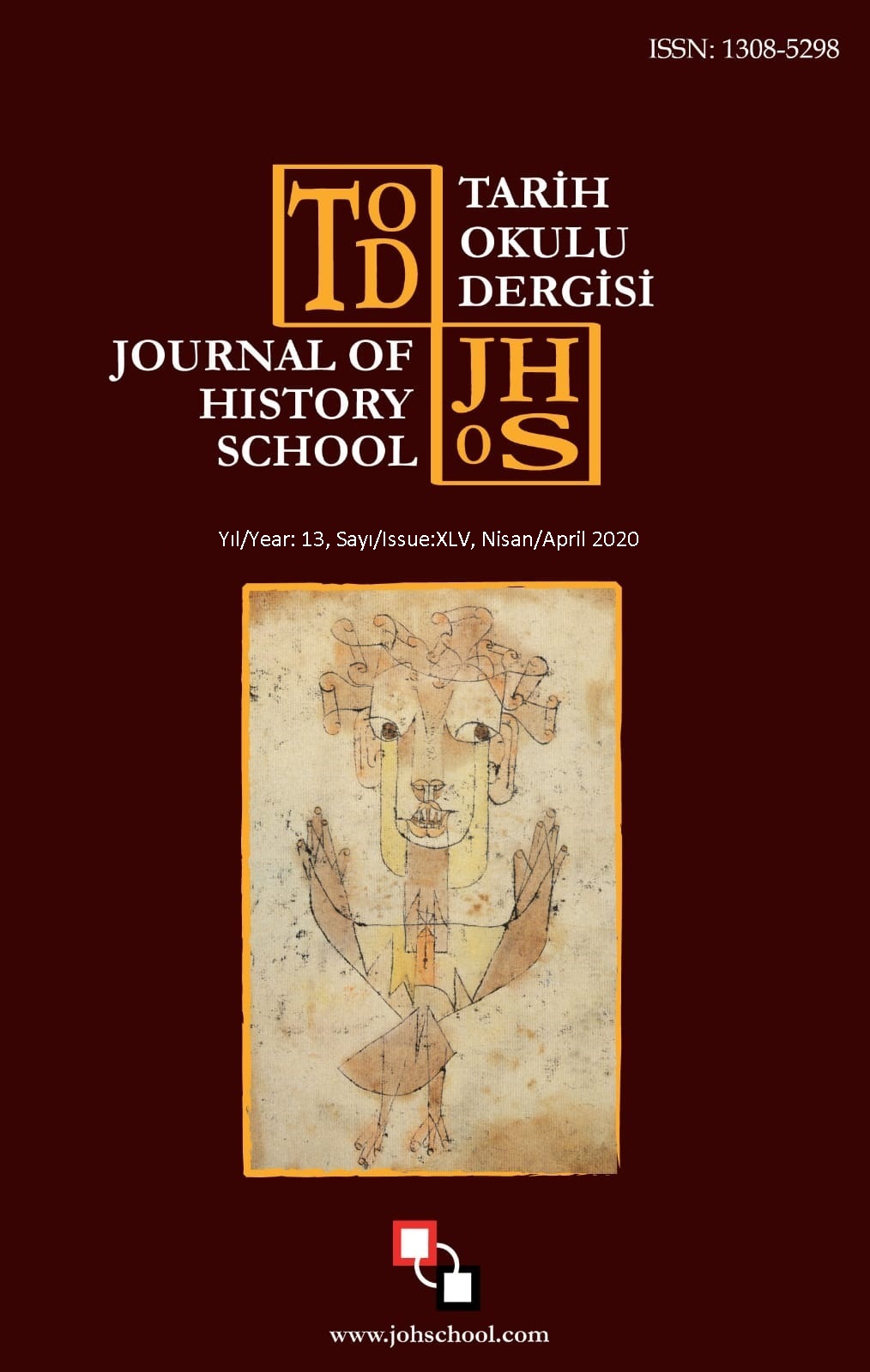Author :
Abstract
Sanayi 4.0 kavramı ilk defa 2011 yılında Almanya’da düzenlenen Hannover Fuarı’ndaki ‘sanayideki gelişmeler’ konulu konferansında kullanılmıştır. Sanayi 4.0, 18. yüzyıldan bu yana gelişimini sürdüren sanayi devrimlerinin son aşaması olan Dördüncü Sanayi Devrimi’ni ifade etmektedir. Birinci Sanayi Devriminden itibaren bütün sanayi devrimleri tüm sektörleri derinden etkileyerek ekonominin genelinde köklü yeniliklere neden olmuştur. Günümüzde hakkında konuşulmakta olunan ve kısa bir süre sonra tüm toplumların ekonomik, sosyal ve siyasal hayatlarında köklü değişikliklere neden olacağı öngörülen Dördüncü Sanayi Devrimi de üretimden bilişime, iletişimden eğitime kadar birçok farklı sektörde etkili olacaktır. Sanayi 4.0 sürecinde akıllı fabrikaların üretime girmesi ile üretimde maliyetlerin önemli oranda düşeceği, verimliliğin yükseleceği, ürün ve hizmet kalitenin artacağı beklenmektedir. Bununla birlikte Sanayi 4.0 sürecinin başlamasıyla birlikte istihdam konusu başta olmak üzere ekonomik, sosyal ve siyasal alanlarda birtakım olumsuz gelişmelerin de yaşanacağı tartışılmaktadır. Sanayi 4.0 süreciyle birlikte yapay zekaya sahip akıllı makinalara (siber fiziksel sistemlere) dayalı üretimin devreye girmesiyle birlikte, mevcut bir çok mesleğin ortadan kalkacağı, varlığı devam edecek mesleklerin ise büyük oranda değişim ve dönüşüm yaşayacağı öngörülmektedir.Bu çalışmada Sanayi 4.0 süreciyle birlikte mevcut mesleklerde yaşanması öngörülen değişim ve dönüşüm konusunu incelemek ve analiz etmek amaçlanmıştır. Çalışmada önce;Birinci Sanayi Devrimi’nden günümüze kadar Sanayi 4.0’ın gelişimine ortam hazırlayan koşullar incelenmektedir. Sonra; ekonomide mevcut olan meslekler, sektörel bazda analiz edilmektedir. Daha sonra ise; bireylerin meslek seçimlerinde etkili olan faktörler incelenmektedir. Son olarak; Sanayi 4.0 sürecinde değişim ve dönüşüme uğraması öngörülen meslekler ile yeni ortaya çıkacak mesleklerde istihdam edilecek iş gücünün niteliklerinin tespitine yönelik araştırma ve kurgulama yapılmaktadır. Çalışmada literatür tarama, betimleme ve kurgulama yöntemleri kullanılmıştır.
Keywords
Abstract
The concept of Industry 4.0 was used for the first time in 2011 in the conference called ‘industrial developments’ at the Hannover Fair held in Germany. Industry 4.0 refers to the Fourth Industrial Revolution, which is the final stage of the industrial revolutions that have been developing since the 18th century. From the First Industrial Revolution, all industrial revolutions have profoundly influenced all sectors and have led to fundamental innovations throughout the economy. The Fourth Industrial Revolution, which is being talked about today and is expected to cause fundamental changes in the economic, social and political lives of all societies soon after, will be effective in many different sectors from production to cognition, communication to education. It is expected that the cost of production will decrease significantly, productivity will increase and product and service quality will increase with the introduction of smart factories in the Industry 4.0 process. In addition, with the beginning of the Industry 4.0 process, some negative developments will be experienced in the economic, social and political fields, especially in the subject of employment. With the industrial 4.0 process, with the introduction of production based on artificial intelligence intelligent machines (cyber physical systems), it is foreseen that many existing professions will disappear and professions will continue to change and transform. In this study, it is aimed to analyze and analyze the change and transformation which is expected to be experienced in current professions with the Industry 4.0 process. Before the study; from the First Industrial Revolution to the present, the conditions that prepare the development of Industry 4.0 are examined. After, the professions in the economy are analyzed on a sectoral basis. Then, the factors affecting the choice of individuals are examined. Finally, in the process of Industry 4.0, research and editing are carried out in order to determine the qualifications of the work force to be employed in the new occupations that are expected to be changed and transformed. The literature review, description and editing methods were used in this study.





